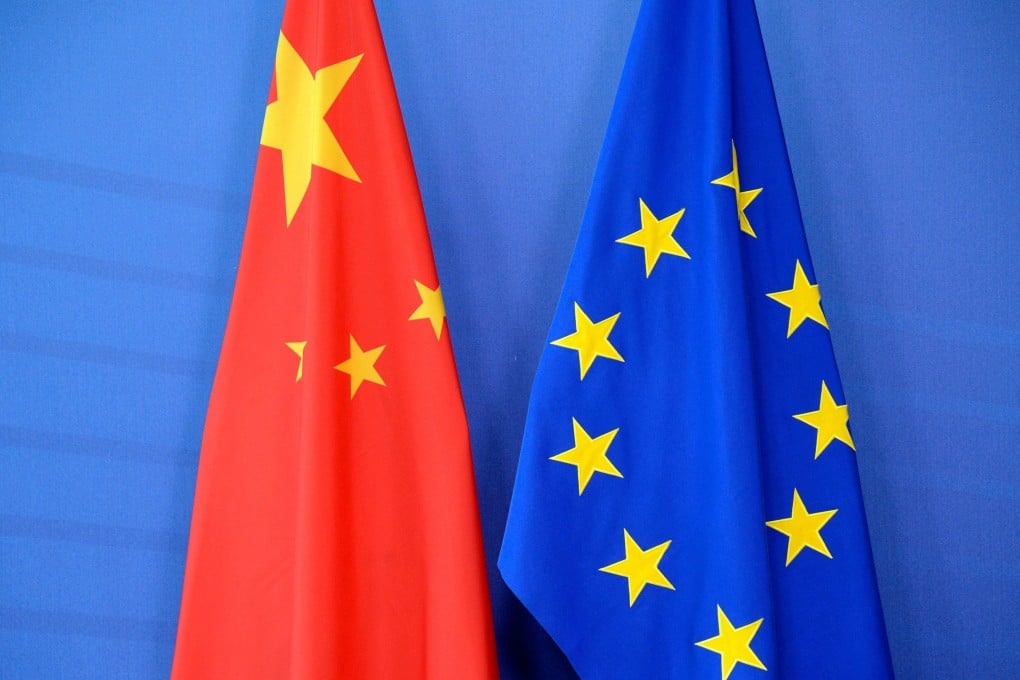EU mulls end to extradition treaties with China over Hong Kong electoral reform, but not every member state agrees
- Sources say proposal to suspend extradition treaties with Beijing will face resistance from some member states
- Foreign ministers will meet on Monday to announce light touch measures but tougher proposals are still under discussion

According to four sources familiar with discussions, the measures could include a suspension of member state extradition treaties with China, although they are yet to be finalised by the officials who are busy laying the groundwork for Monday’s meeting of all 27 EU foreign ministers.
The Foreign Affairs Council, which meets each month, will announce a range of light touch measures that have already been agreed. These are fuzzy in nature and include more engagement with civil society and promotion of freedom of expression. Among them is a visit “when the situation allows” of high-level officials to Hong Kong to “engage with key stakeholders”, followed by a report chronicling the evolution of the rule of law in the city.
But the possibility of suspending the remaining extradition treaties among the EU member states is still under debate, for fear of reprisals from Beijing. Also up for discussion is a proposal to “welcome Hong Kong citizens who may be subject to repression”. This would include measures to “support the mobility of highly qualified workers, students and young people” into the EU.
The measures would require the support of Hungary, typically a sticking point on any action on China due to its staunchly pro-Beijing stance, the sources said.
They would need to be finalised by all 27 members by Friday if they are to be announced at Monday’s monthly council meeting, held by video conference.